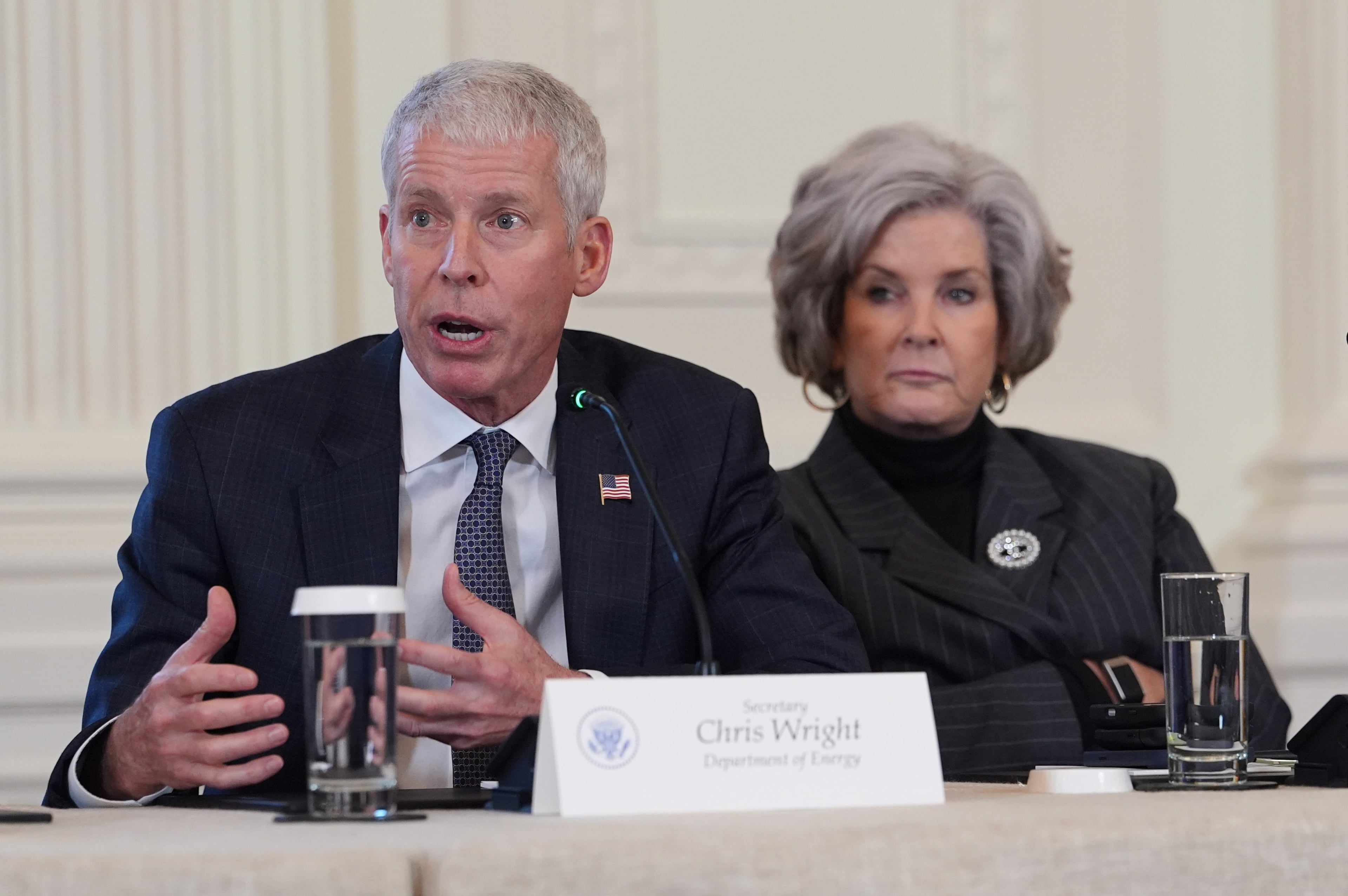Atlanta could learn from the PSC’s electrical grid management

Atlanta City Hall leaders were recently chastised by a citizen speaking at a public forum for investing in what she called “vanity” projects instead of water and sewer upgrades. She got a loud “Amen.” As a state energy regulator who has focused on infrastructure for the future, I have received an earful as well.
Here is why it matters to make utility investments.

First, it is a simple truth that deferred maintenance leads to increased costs and reliability failures. It goes without saying that no one wants to pay more on their bills for things they don’t see or understand — until there is a crisis like Atlanta recently experienced. And though approving rate increases for things like smarter systems, more transmission and clean energy gets me cards and letters from complaining ratepayers, it pales in comparison to the alternative. Some states, including California and Texas, have experienced rolling blackouts or brownouts with public officials begging people on social media not to do laundry, run their air-conditioning or charge their car. And as much as I hate to raise rates for anything, keeping Georgia’s grid with high reserve margins and reliability is paramount to me. Mechanical things break, and they must be replaced with smarter components as we go.
Second, though everyone likes the idea of clean energy, Georgia is “reliability” centric. One of the reasons so many manufacturers, data centers and businesses are coming to Georgia is because we have the power and gas they need. I recently had a call from the Teachers Retirement System of California quizzing me about our future as it was investing its retirement funds in Southern Company stock. Ironic, right? But truth be told, your Public Service Commission, elected by all Georgia voters, is very attuned to what matters to the average Georgian: economic opportunity, lower rates and, most important, a grid and gas system you can count on every day. There are those who come before the Public Service Commission that would put the Southern Company into junk-bond status if they could. They advocate that we follow Germany and California’s lead and build a grid on intermittent resources and go to war against natural gas yet become indignant when we make infrastructure upgrades to protect reliability.
Finally, the 1991 Integrated Resource Planning Act (IRP) created by the Georgia General Assembly, authored by then-Rep. Boyd Pettit, has served us well. We have a similar planning system for gas supply and infrastructure that gets updated every three years by your Georgia Public Service Commission. On the electricity side, the IRP factors in load, needed generation, energy efficiency opportunities, transmission and a whole lot more. We update the plan religiously every three years and then approve the upgrades, maintenance, compliance and, later in the year, approve the rates to complete the approved projects. Big cities would do well to manage their water and sewer upgrades in a similar systematic fashion.
Everyone likes to talk about shiny objects, the latest gizmos and popular programs, but these should not come at the expense of critical infrastructure that impacts the daily lives of citizens. My job and that of my colleagues is to make sure the power grid and gas pipeline system function at a high-level — now and decades into the future. By God’s grace and some good planning, we’ll keep doing that.
Tim Echols is vice-chair of the Georgia Public Service Commission.

